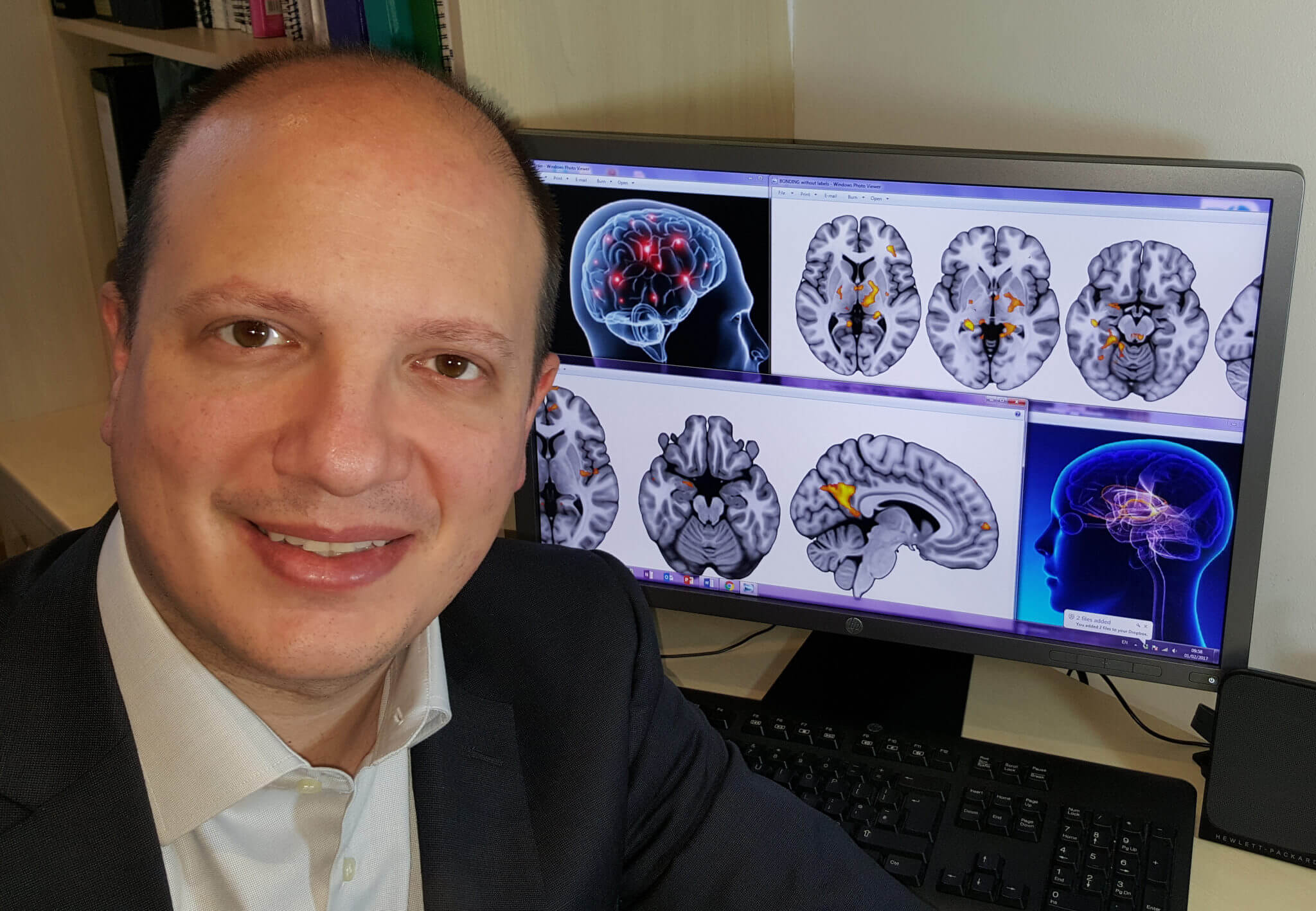

Professor and researcher, Dr Alexander Comninos (1992-97) was part of a team of Imperial College London clinicians and scientists to carry out some of the latest ground-breaking research into human reproductive behaviour.
They found that kisspeptin improves sexual processing in the minds of both men and women, which could help to treat low sex drive.
Researchers believe injections of the hormone has the potential to treat people with hypoactive sexual desire disorder, which affects up to 10% of people, but larger studies are still needed to confirm their findings.
Kisspeptin is a naturally-occurring hormone that stimulates the release of other reproductive hormones inside the body, and plays a crucial role during puberty.
Previous research found it can stimulate women’s ovaries to produce eggs, and it has also been shown to improve mood in healthy men, however this is the first time it has been tested on people with loss of libido.
“Our two studies provide proof-of-concept for the development of kisspeptin treatments, as we provide the first evidence that kisspeptin is a potentially safe and effective therapy for both women and men with distressing low sexual desire,” Dr Comninos said.
“We now plan to take things forward to hopefully realise the potential of kisspeptin therapeutics in psychosexual disorders – sexual problems which are psychological in origin, such as unexplained low libido.”
On completion of his medical degree at Imperial College London, Alex trained in Endocrinology & Diabetes and General Internal Medicine in leading London hospitals.
He was then awarded an NIHR Academic Clinical Fellowship to continue his research alongside his training, followed by a Wellcome Trust PhD Research Fellowship in 2011, NIHR Clinical Lectureship in 2015, Wellcome Trust Institutional Lectureship in 2016 and a Biomedical Research Grant.
Alex has authored more than 80 clinical and translational research publications in reproductive endocrinology, focusing on the influence of reproductive hormones on behaviour and bones, and has presented his work internationally.
He continues to work in education as a Professor of Practice (Endocrinology) and Head of Academic Tutoring at Imperial College London, as well as publish research in notable journals alongside his clinical Consultant Endocrine practice.
To read more about the study, visit the Imperial College London website.